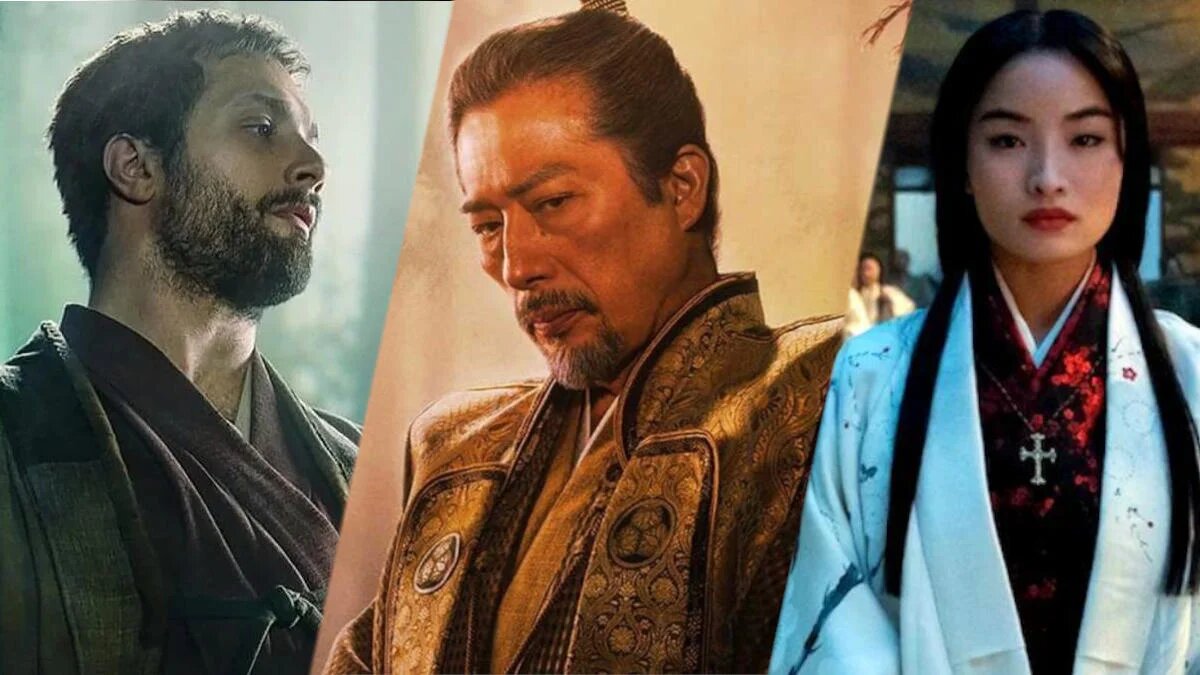
FX’s historical drama brings it back to the basics.
Over the weekend, I found myself hesitant to press play on Shōgun, FX’s new hit show adapted from James Clavell’s bestselling novel. That’s not because I was suspicious of the rapturous early critical response to the limited series or because I didn’t trust the creators to adjust some of the Orientalist motifs present in the source material. No, my reluctance was much more primitive: I simply didn’t want to endure what would almost certainly be an agonizing dirge of exposition.
That trial seemed basically unavoidable. Clavell’s book, which became a genuine sensation when it was published in 1975, explores not one but two arcane battlegrounds of history across its 1,100 pages, with the crux of the drama playing out across both the terminus of Japan’s warring states period and the European wars of religion. Functionally, that meant that Shōgun’s pilot would need to distill a whole bunch of tiresome minutiae: the colonial assets of both Protestant and Catholic dominions, Japanese military decorum, the fine lines of distinction between the empire and the shogunate, and so on. All that throat-clearing doesn’t typically add up to compelling television.
And yet, within the first few moments of its premiere, Shōgun reveals itself to be miraculously unburdened by all of that shit. The show disposes of all of the tedious table-setting and drills deep into the plotty heart of the matter, proudly embracing the titillating thrills the average viewer is chasing when they decide to tune in to a historical epic called Shōgun. The series is free of all of the extracurricular homework that has become so central to the modern entertainment apparatus; blessedly, you won’t need to listen to any podcasts or skulk in any forums in order to procure a basic semblance of who’s who. Nor will Shōgun humiliate your gaps of knowledge, forcing you to reach for the pause button so you can futilely scan the Wikipedia page for “Sengoku period” in hopes of catching up with the script. I’m not exaggerating when I say that this quality makes Shōgun the best show currently on television. It’s rollicking, violent, transcendently silly, often incisive, and most importantly, totally legible—a rare enough feat that it bears highlighting.
Shōgun does provide some basic epochal scaffolding for the audience, to start out with. A few lines of text set the stage in the opening scene: The year is 1600, Japan is the crown jewel of the Portuguese monarchy’s global trading empire, and a fleet of roving anglophone Protestants is in search of the island so that it may pillage it. Typically, a studio would use this premise to introduce hundreds of different characters, each carrying their own complex interiority and motivation, in order to flesh out the epic scope of Japanese feudal society. While a great show could be forged with that formula, Shōgun instead, mercifully, asks us to worry about exactly two men in this humongous world. We have the foulmouthed, Aragorn-ish English mercenary John Blackthorne (Cosmo Jarvis) and Lord Yoshii Toranaga (Hiroyuki Sanada), a seasoned general who, at odds with his political rivals, is set to become the titular shōgun by the series’ end.

Leave a Reply